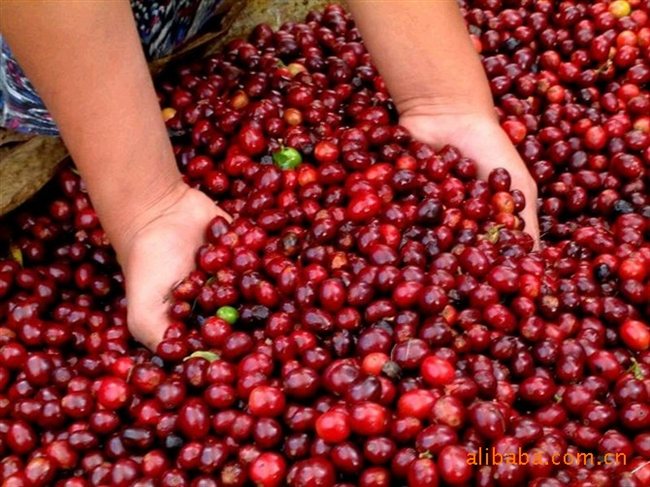Prevent the extraction of coffee tannins if you make a good coffee correctly to prevent the astringency in the coffee.

Coffee contains a variety of ingredients, and extraction does not mean extracting all of them. There is usually this rule: "If the amount of coffee powder is fixed, the amount of soluble components extracted depends on the degree of grinding and time."
The finer the ground coffee powder, the longer the extraction time, the more components obtained. According to experiments, if all the ingredients that can be extracted from the quantitative coffee powder are extracted, up to 30% of the ingredients can be obtained. But not all of these ingredients are what we need. Coffee has ingredients we need and ingredients we don't need, and the longer the extraction time, the easier it is to extract the bad ingredients we don't need.
The main representative of the ingredients we don't need is "tannin", the correct name should be "tannic acid". Green coffee beans contain 8%-9% and roasted beans contain 4%-5%. It has the same properties as caffeine, which can be broken down at certain roasting degrees. When baked to a deep Italian roast, 90% of the tannins are broken down.
Most people often think that deep roast coffee is strong and light roast coffee is weak. This idea is completely wrong! Drinking lightly roasted coffee before bed under the mistaken impression that it is less pungent will most certainly keep you awake until dawn. The deeper the roast, the less caffeine and tannin, and the less irritating.
Tannins, which we don't want to extract, are responsible for coffee astringency. Tannin is both angel and devil: a small amount of tannin can exert the sweet and mellow taste of coffee, but the finer the grinding degree, the longer the extraction time, the more the devil will play a role, making coffee full of astringency.
Coffee tasting complete.
Source:
VisibleCafe's blog
Important Notice :
前街咖啡 FrontStreet Coffee has moved to new addredd:
FrontStreet Coffee Address: 315,Donghua East Road,GuangZhou
Tel:020 38364473
- Prev

The basic structure of coffee roaster the structure, manufacture and operation technology of coffee roaster are analyzed in detail.
On the surface, the coffee roaster seems to be very complicated, but in fact, the structure is relatively simple. the roaster is composed of raw bean holder, drum, dust collector, dust collector, cooling tank and so on. the whole baking process of raw beans into cooked beans is mainly controlled by the control panel, adjusting turntable, sampling spoon, baking / cooling switch, etc., of course, roasting is good or bad.
- Next

The evolution of coffee from fruit to raw beans to understand the change process of coffee beans
In the middle of the fruit of coffee is a pair of oval seeds, which are covered with outer skin, inner pulp and pulp. Ripe fruit spoils in a short time without treatment. Refining is to remove the skin and pulp of the coffee fruit, and then take out the seeds. Generally speaking, about 1 kg of raw coffee beans can be obtained from 5 kg of coffee fruit. The refining methods include drying type, washing type, and compromise between the two.
Related
- What is the meaning of lactic acid fermentation with coffee bean treatment?
- How to judge the state of foam by sound?
- How does the latte pull out the unicorn pattern? Come to get for a little trick to improve the flower pull!
- Will flower pulling affect the taste of the latte?
- Do you know the history of coffee?
- The difference between honey treatment and sun washing what is raisin honey treatment?
- What kind of milk can a novice use to make coffee foam to keep the foam longer? The correct method and skills of milking tutorial sharing
- Why do washed coffee beans taste sour? Flavor characteristics of washed Coffee
- Introduction to the skill of how to practice the size and height of water injection around the circle of hand-brewed coffee
- How do beginners practice coffee flower drawing from scratch?

